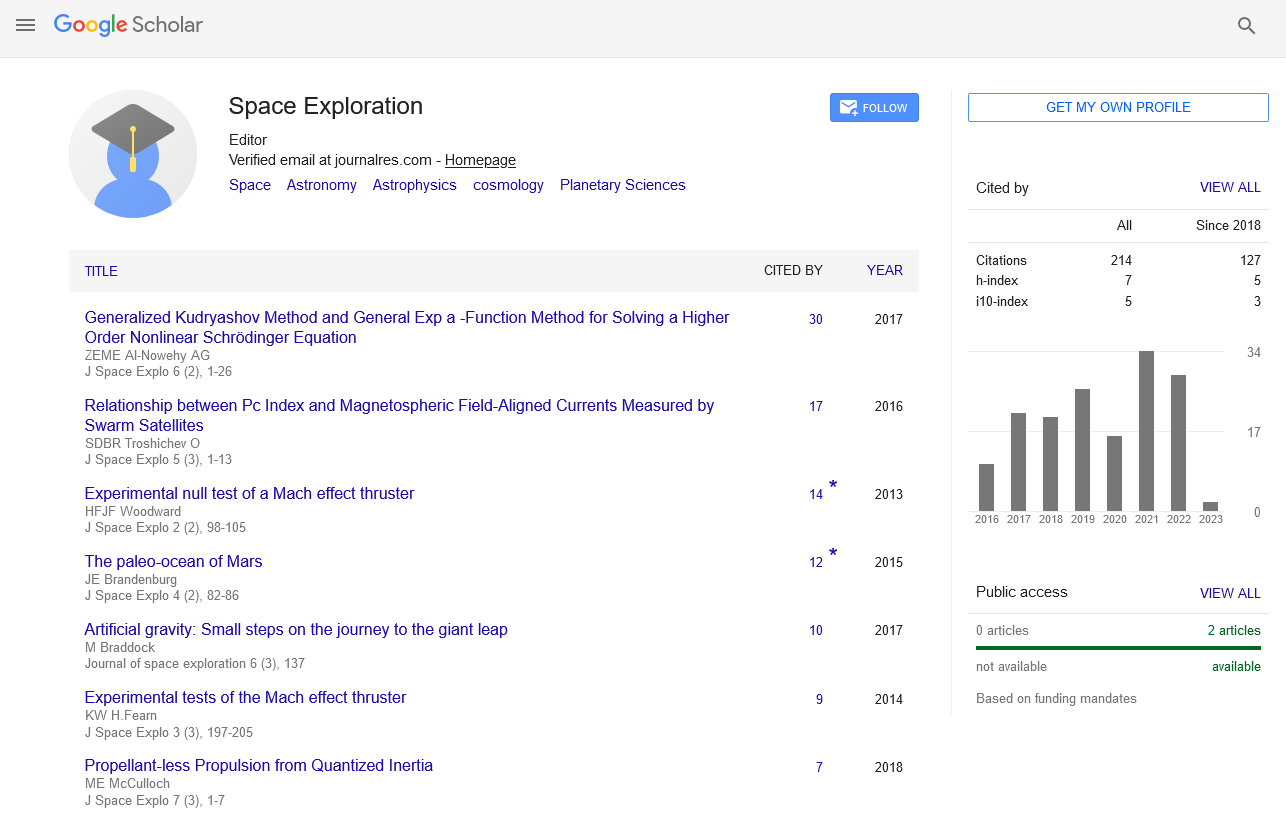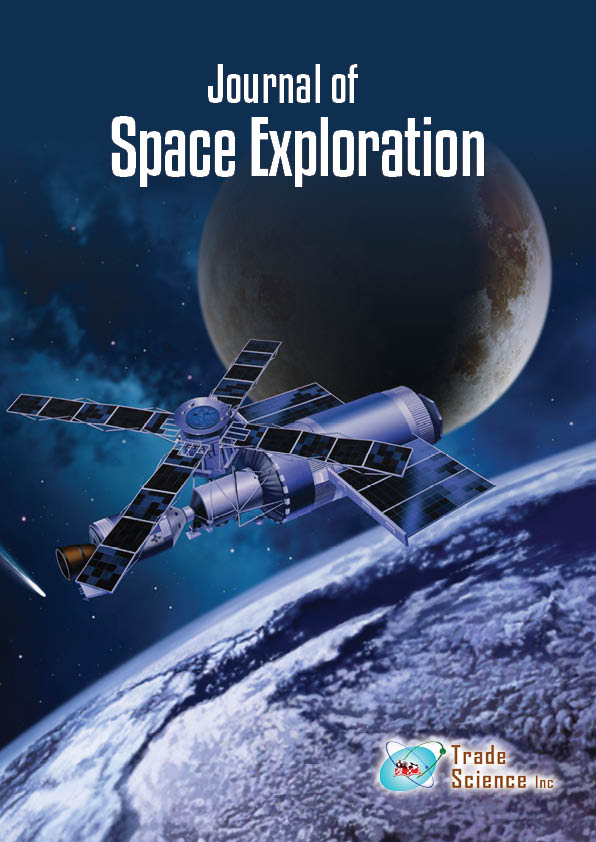Abstract
Center of mass acceleration of an isolated system of two particles with time variable masses interacting with each other via NewtonÃ?Â?Ã?Â?Ã?Â?Ã?Â?s third law internal forces: Mach effect thrust 1
Author(s): Keith H.WanserUtilizing NewtonÂÂÂÂÂ’s second law of motion, it is shown that an isolated system consisting of two particles with time variable masses interacting with each other via NewtonÂÂÂÂÂ’s third law forces and no net external force can produce a DC (unidirectional) acceleration of the center of mass of the system, without any net loss or gain of mass in a cyclic process. There is no rocket type thrust in the usual sense of ejecting propellant, since it is supposed that there is no relative velocity along the direction of motion associated with the mass changes. A surprising result is that it is necessary to rederive the expression for the acceleration of the center of mass of a system when the masses are time variable, the usual expression producing zero acceleration of the center of mass under very general conditions of time variable masses and any NewtonÂÂÂÂÂ’s third law forces of interaction between them. There is no violation of momentum conservation, since the total mechanical momentum of the two particle system is not conserved, a result which is independent of the exact mechanism for producing the time variable masses. Explicit expressions are obtained for the acceleration of the center of mass and time rate of change of the total momentum for a simple model of forces and mass fluctuations with harmonic time variation. Implications of these results are discussed, including their application to propellantless Mach Effect ThrusterÂÂÂÂÂ’s (METÂÂÂÂÂ’s).

